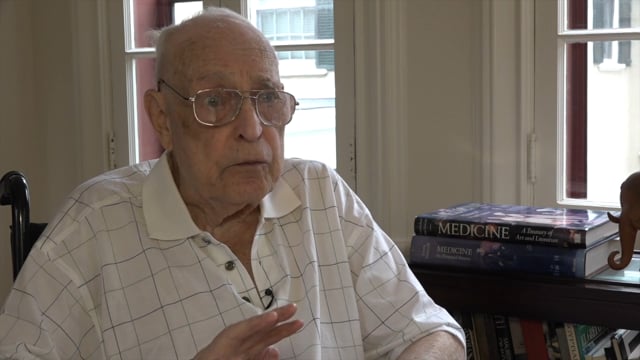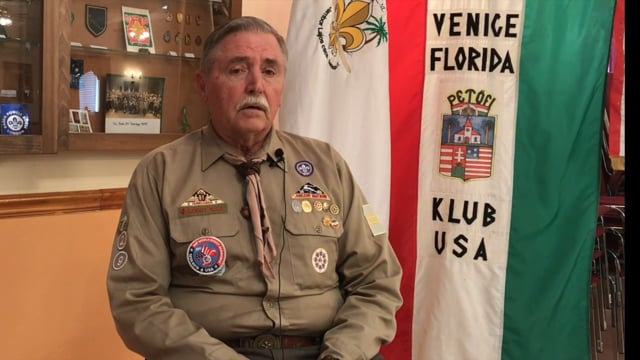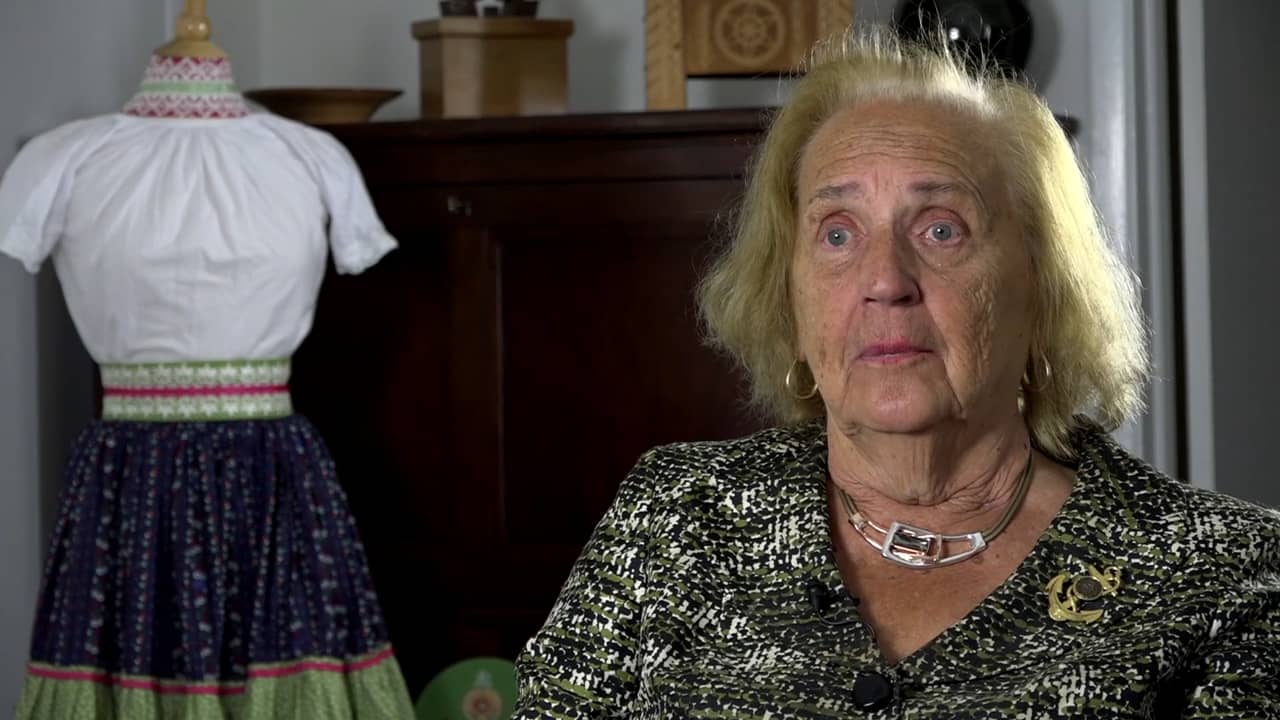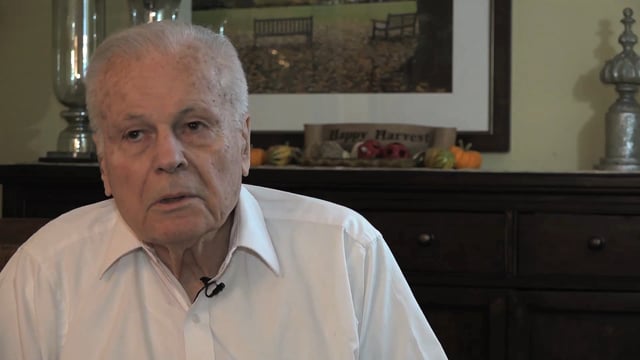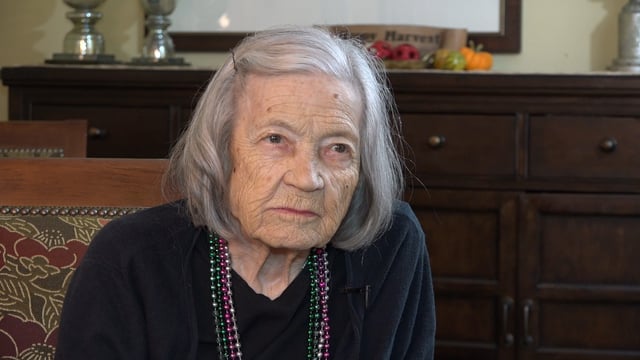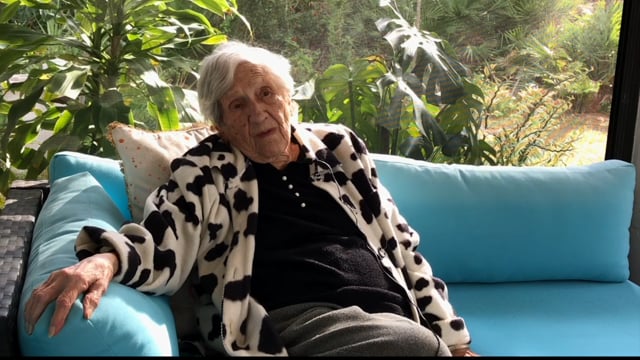József Mészáros
1956erALL MATERIAL: COPYRIGHT CALIFORNIA EUROPEAN CULTURAL INITIATIVE/MEMORY PROJECT
(This interview was conducted in cooperation with the Collegium Hungaricum Berlin (CHB) as part of Memory Project Germany.)
József Mészáros was born on March 18, 1938 in Darnozselin, Hungary. He hails from a small peasant family rooted in the rich agricultural heritage of the Szigetköz region. After he finished his elementary schooling, he was sent to the town of Mosonmagyaróvár (on the Austrian border) to study at the agricultural technical college. He was studying to become an agronomist and had just graduated when the Revolution broke out in October of 1956.
József immediately sided with the ideals of the Revolution and joined the student and worker demonstrations in Mosonmagyaróvár. In his interview, which is difficult to watch, he talks in detail about the massacre of roughly 100 students and workers on October 26th. (To date, the number of casualties is still unclear). József himself was nearly shot, and until this day finds it hard to believe he didn't also die that day.
After the shootings in Mosonmagyaróvár, József and his fellow students returned to their dormitories and armed themselves, preparing for the return of Soviet forces that were likely to crush the Revolution. On November 4th, fresh Soviet tanks occupied the city and it became clear that resistance to them would mean certain death. Along with scores of other students, József fled across the border to Austria, hoping he would be able to return home soon.
But the refugees were not able to return until much later - some of them not until the transition to democracy in 1989. József ended up in Germany, studying to be a mechanical engineer in Freising. He received a generous scholarship but still had to work nearly full time while studying. He graduated and was offered a position at a large tractor company (MAN) in Munich. In 1983 he was promoted to head of special projects and led an exceptional career at the company. He and his German wife had three children whom them raised in Munich. Today József is an active pensioner, working with the German Caritas charity, fixing appliances for those who are less fortunate. His experiences in the Revolution and as a Hungarian refugee in Germany have shaped greatly his outlook on life, freedom and his work ethic.

